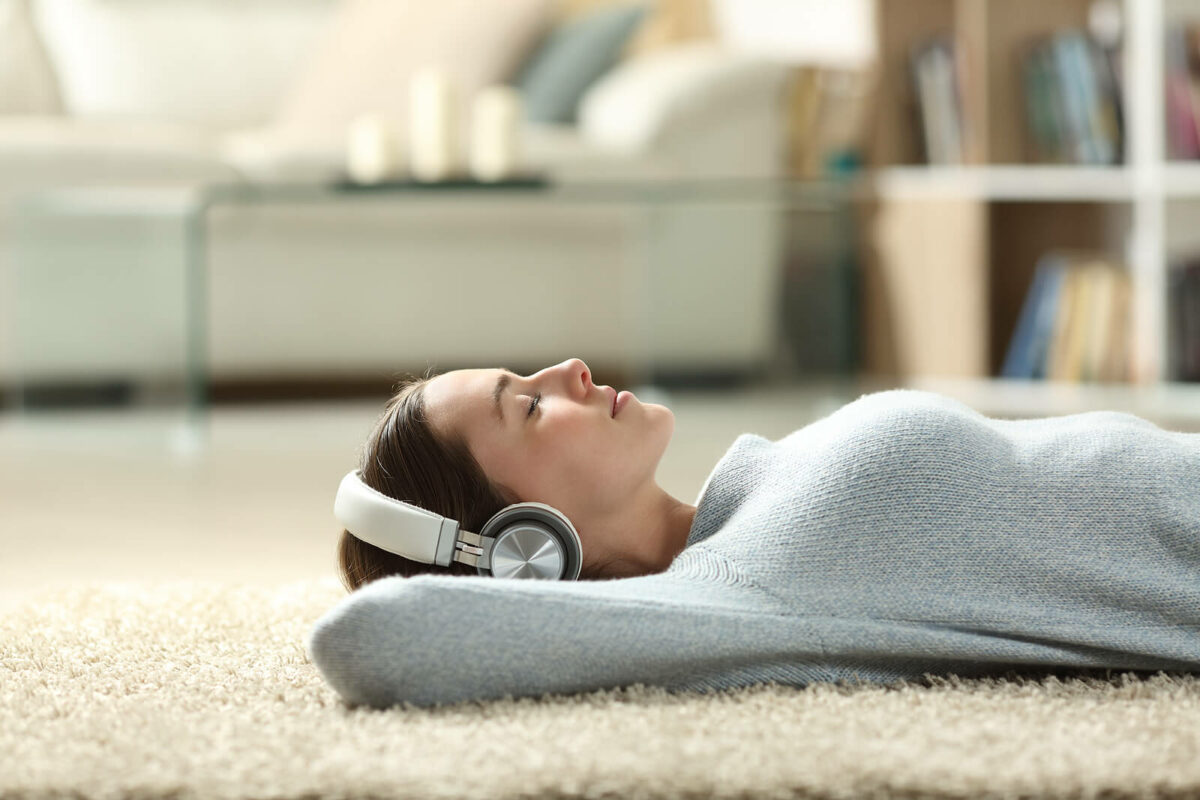
How Music Can Help Shape the Future of Hearing Health
Are you a musician or just a music lover? Music can help us emulate happiness, sadness and a full range of emotions. This occurs on a neural level too. When music we love is played it helps release endorphins in our brain. Endorphins are brain hormones which block pain and give us a sense of well-being as well as a heightened feeling of excitement. When endorphins are released while listening to music, we may feel euphoric. However, they also quell anxiety, ease pain, and stabilize our immune system. Along with high endorphin levels, we have fewer negative effects of stress.
If you are a musician or just love music, then being diagnosed with a hearing loss can be a serious sentence. It can mean it is harder to hear the music we love to play and listen to, which for many can make it hard to help control our stress levels and access joy. The good news is that with continued advancements in hearing aid technology you can still access important tools for playing and listening to music!
Understanding the Neurological Benefits of Learning Music
As a musician, you are constantly challenging your brain not only on an artistic level but also presently challenges which revolve around timing and math. It surprises many to discover that the auditory processing of learning to play music requires more nuance and precision than that required for speech input. Practicing and learning an instrument requires many areas of the brain to activate simultaneously such as memory, attention, emotion, language, timing, social skills, and mathematical ability. In fact, as we age, continuing to challenge your brain by learning an instrument, can help to maintain cognitive health and fight against the rising threat of dementia as we age. However, it is never too early to start. Research has shown that music training in children 0 to 3 years old has been associated with improved perceptual and cognitive function, in addition to improved speech recognition in noise, pitch discrimination, and auditory memory
Hearing as We Age
As we age the risk of hearing aid goes up. For those 65 and older one in three have hearing loss, however, for those 75 and up the risk is 50 percent. For people who love music, the risk is even higher, due to hours of practicing and listening to music. As music releases endorphins, it is common to want to hear it even louder to feel more. However, this sets us up for an increased risk of hearing loss. Sounds are measured in decibels and any level beyond 85 dBA for eight hours or more can cause permanent hearing loss. However, as the decibels rise, the risk of hearing loss increases. For those who play or listen to music or attend loud music events, the risk of hearing loss is impounded. For aging musicians and music aficionados, it is likely that some degree of hearing loss is present, meaning that regular testing and treatment will be required.
Treating Hearing Loss for Music Lovers
For those who use hearing aids, playing, and listening to music presents a whole new set of challenges. While the auditory process of speech input can help improve your relationships and confidence, it takes much more nuance to perceive music. It has subtly quiet tones, mid-range moments and loud bursts of cacophony. Most hearing aid strategies are to optimize speech, but because music requires a different kind of listening it will require a different nuance in amplification. For this reason, musicians and music lovers find that a music setting on their hearing aids can help them hear the full range present in music. A music setting can offer specific settings for when playing or listening to music, offering richer and fuller sounds and a more dynamic range of pitch and tone. Many times, this feature can be turned on with a simple switch that these days can even be accessed via Bluetooth connectivity with a smartphone app.
Your Hearing Health
If music is not sounding as sharp as you wish it did and you find yourself turning the dial up even higher to hear, you could be at risk of continuing to damage your hearing. The good news is that hearing aids with music settings can help you access everything you love about music while listening at a clear and safe level. To find out more, contact us today to set up a hearing exam and consultation.
